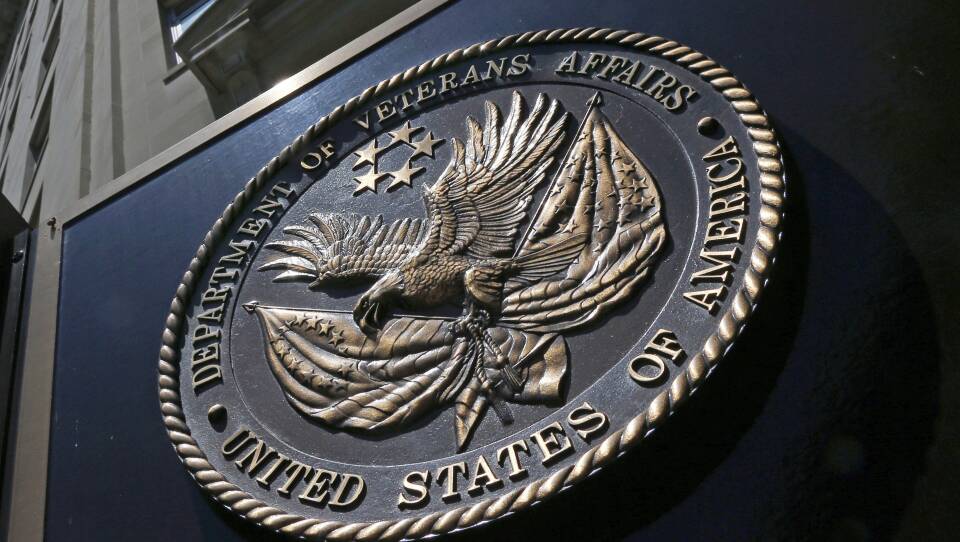The secretary of the U.S. Department of Veterans Affairs, Doug Collins, has promised to cut 80,000 jobs in the name of increasing efficiency. Yet critical services could also suffer with a decline in staff, said Jon Santiago, the secretary of the Department of Veterans’ Services of Massachusetts.
“This is not some esoteric exercise policy exercise in D.C. This has real ramifications here in the commonwealth of Massachusetts,” Santiago told Boston Public Radio on Thursday.
Some VA staff in Massachusetts have already been laid off under a first round of cuts orchestrated by the Department of Government Efficiency, the Elon Musk-led effort better known as DOGE. More impending cuts could soon affect services for veterans in Massachusetts.
The VA provides healthcare, education and housing assistance for veterans and their families. Santiago also said billions of dollars in disability compensation are distributed to thousands of vets in Massachusetts each year.
“These people have signed a contract to serve their country,” he said. “And the least we can do is honor that contract with care for them.”
New staffing cuts could compound existing shortfalls. A 2024 report by the VA Office of the Inspector General found that a majority of healthcare centers surveyed already suffered from “severe occupational staffing” shortages. Santiago, who is a physician, said non-clinical staff are essential for helping doctors and nurses provide care.
For example, an office manager at the Vets Center in Springfield was fired by email in February, according to the Boston Globe.
“So who’s going to open the door? Who’s going to take the phone calls? Who’s going to deal with these people? That person is not there to allow for that treatment to occur. And that’s what’s concerning,” Santiago said.
Beyond healthcare, VA centers are also major research hubs, Santiago said, working on clinical trials around PTSD, cardiac pacemakers, nicotine patches and transplants. The Trump administration put a funding freeze on some of this research, halting hundreds of clinical trials involving thousands of veterans.
“If that doesn’t get addressed, you will have a lot of veterans not accessing care they otherwise should have,” Santiago said.
While federal medical care and money towards disability claims may be under threat, other services for veterans in Massachusetts — from housing support to long-term care facilities — are somewhat shielded thanks to state-funded services run by Santiago’s department. He touted the HERO Act, signed by Gov. Maura Healey in 2024, that expands access to veteran benefits and treatment. And $20 million for the End Veteran Homelessness campaign have already been disbursed and won’t be impacted, Santiago said.





